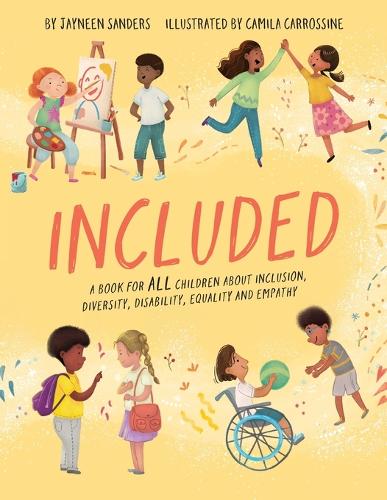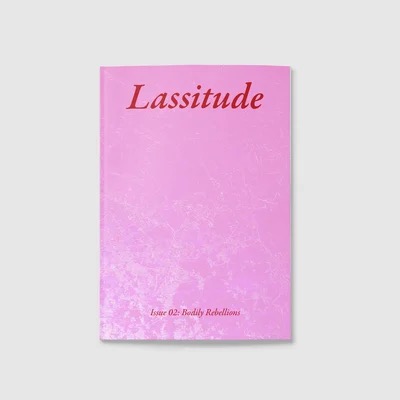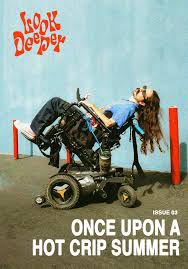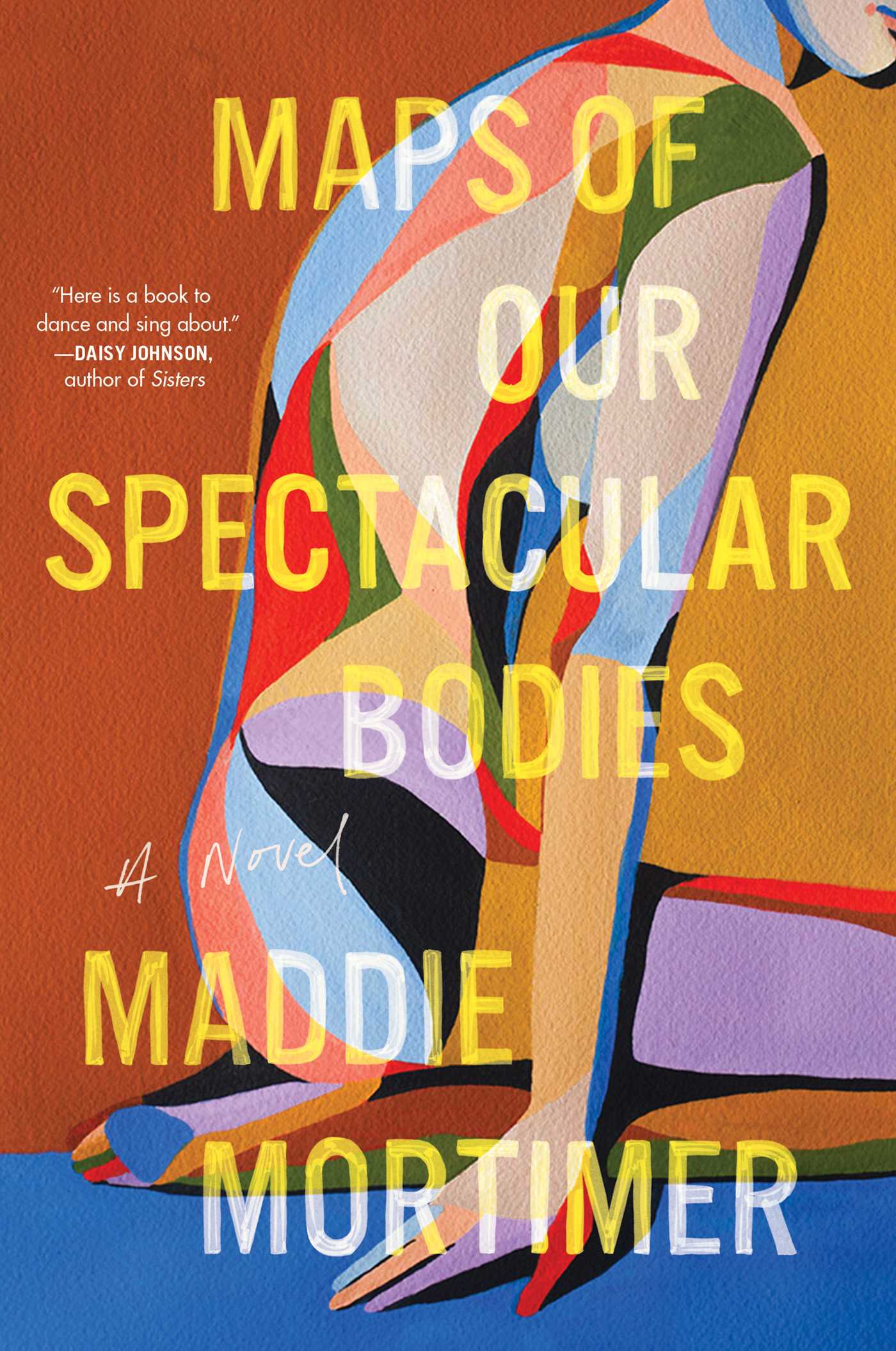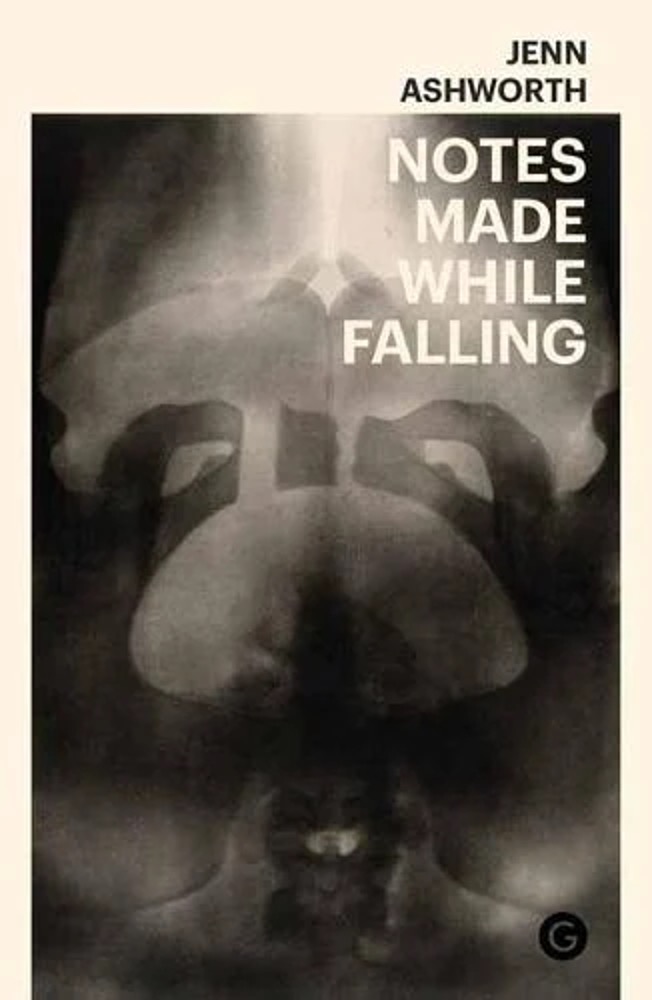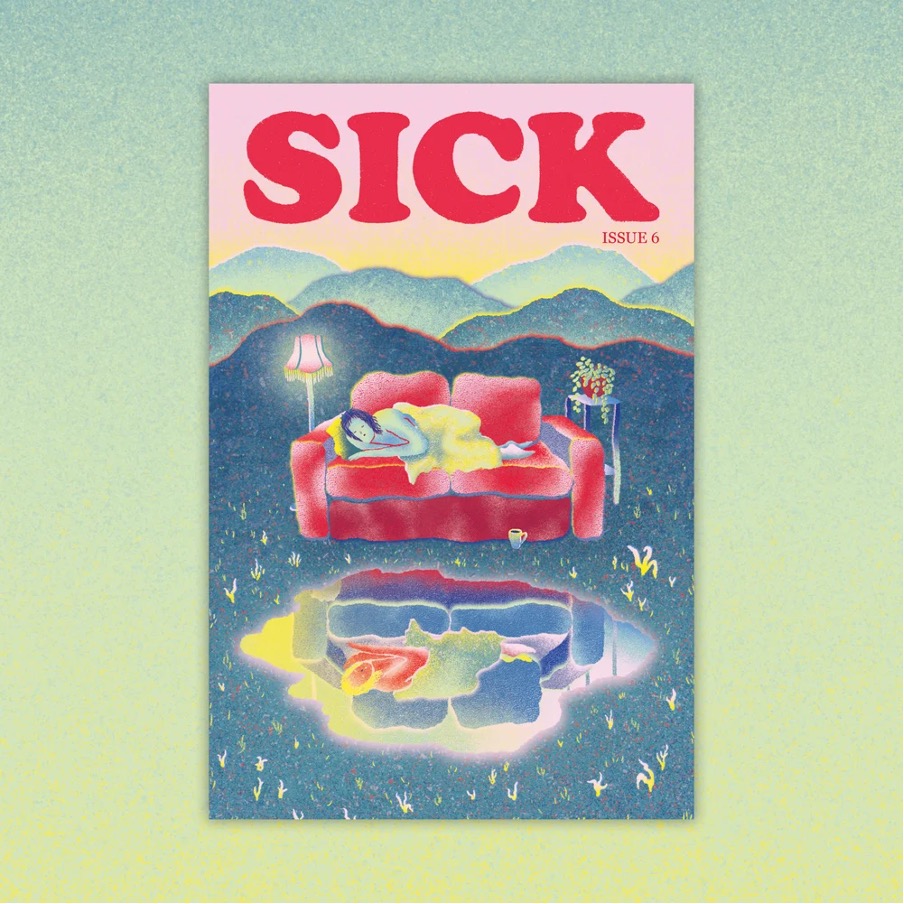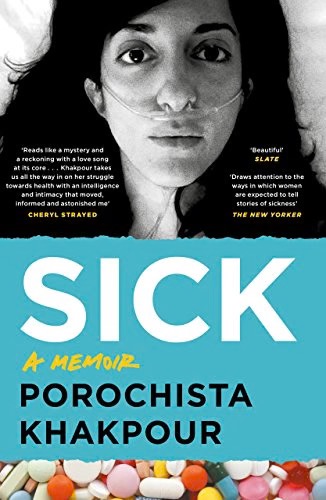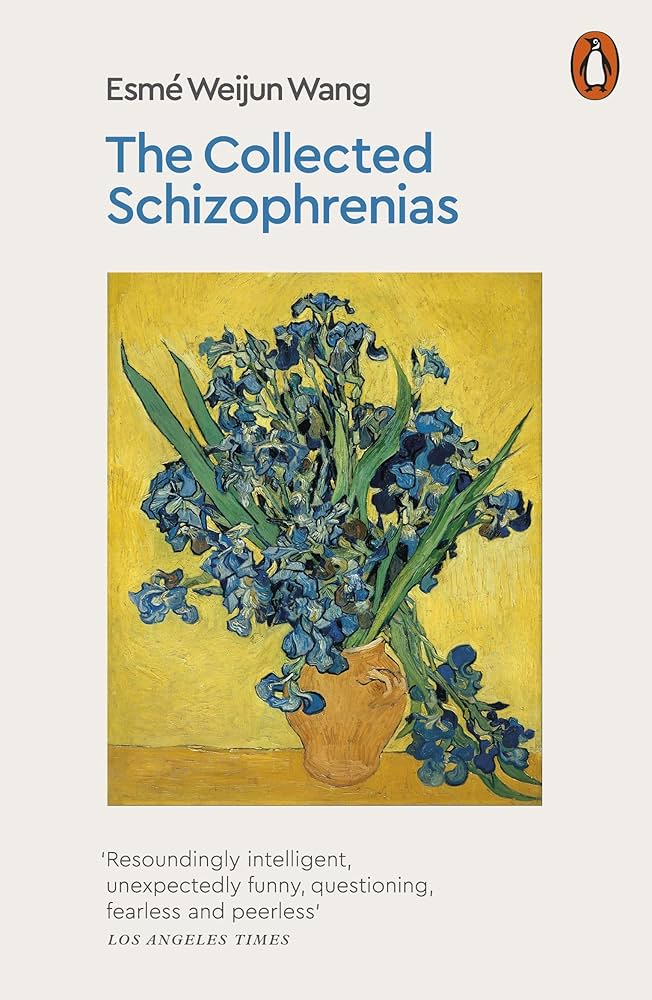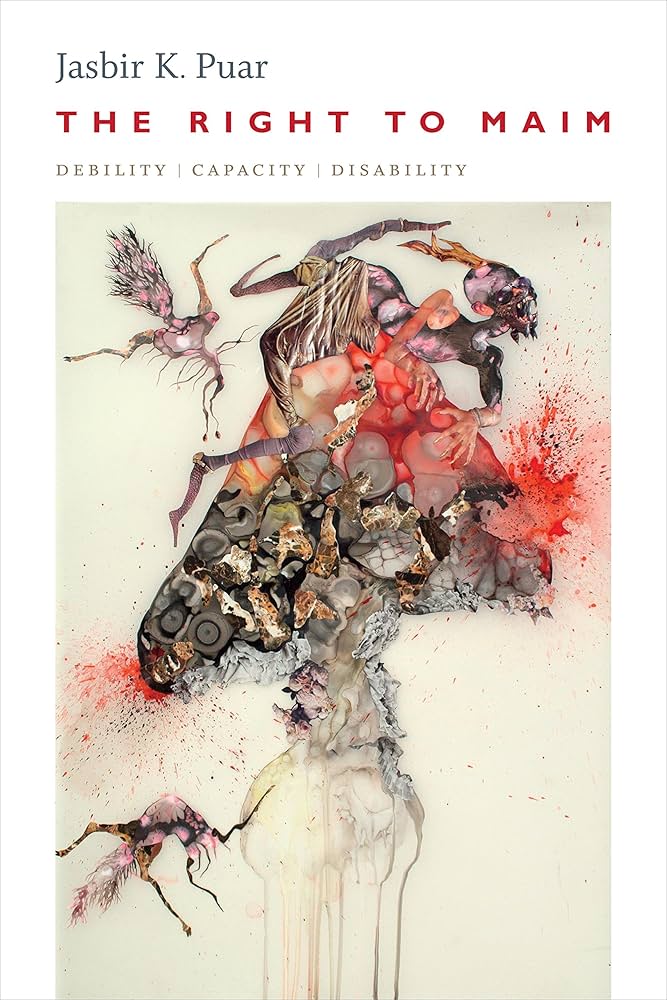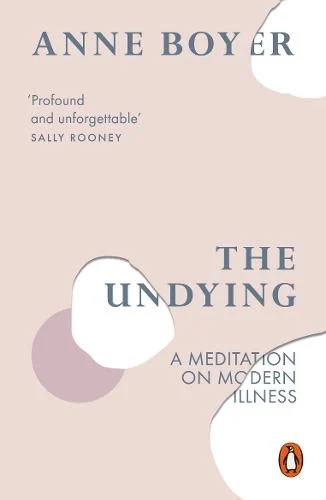Meet six wonderful kids. They love playing games, reading books, making stuff, and being silly. And like kids everywhere, they want to feel safe, loved, and included.
The reader is introduced to six amazing kids: Sam, Rishi, Jay, Audrey, Ty and Zara – each with unique abilities. ‘Included’ sets out to explore diversity and inclusion, and to ensure all kids understand that children with disability are just like kids everywhere – they have things they are good at and things they need to work on. And just like kids everywhere, they want to feel that they belong and that they matter.
This book provides the reader with ways they can be more inclusive in their play and encourages the celebration of diversity in all its unique and wonderful forms. Children will come away with a growing understanding that people everywhere have differing abilities, and this only makes the world a more colourful, exciting, diverse and amazing place.
Throughout the text, open-ended questions are provided so children can bring their own experiences to the narrative. Further Discussion Questions are included to spark important and thought-provoking conversations.
Suitable for Ages 3-6 and Ages 7-11
Lassitude Issue 02: Bodily Rebellions weaves together exciting new work on the subject of fatigue. In this edition, disability is written as a kind of trespassing, the story of the fatigued body is told as a revolt. Writings are laced with discussions of language – how the ill body can speak. Our second issue features poetry, prose, and visual artworks from 17 contributors.
120+ pages full of written and visual works by disabled creatives from around the world, from editorials to poems, interviews, articles and artwork.
Created by a bunch of cripples over the summer of 22 this zine is a reflection of our time, lives and place in the world. A documentation of crip culture and community.
Something gleeful and malevolent is moving in Lia’s body, learning her life from the inside out. A shape-shifter. A disaster tourist. It’s travelling down the banks of her canals. It’s spreading. When a sudden diagnosis upends Lia’s world, the boundaries between her past and her present begin to collapse. Deeply buried secrets stir awake. As the voice prowling in Lia takes hold of her story, and the landscape around becomes indistinguishable from the one within, Lia and her family are faced with some of the hardest questions of all: how can we move on from the events that have shaped us, when our bodies harbour everything? And what does it mean to die with grace, when you’re simply not ready to let go? Maps of Our Spectacular Bodies is a story of coming-of-age at the end of a life. Utterly heart-breaking yet darkly funny, Maddie Mortimer’s astonishing debut is a symphonic journey through one woman’s body: a wild and lyrical celebration of desire, forgiveness, and the darkness within us all.
Notes Made While Falling is both a genre-bending memoir and a cultural study of traumatized and sickened selves in fiction and film. It offers a fresh, visceral, and idiosyncratic perspective on creativity, spirituality, illness, and the limits of fiction itself. At its heart is a story of a disastrously traumatic childbirth, its long aftermath, and the out-of-time roots of both trauma and creativity in an extraordinary childhood. Moving from fairgrounds to Agatha Christie, from literary festivals to neuroscience and the Bible, from Chernobyl to King Lear, Ashworth takes us on a fantastic journey through familiar landscapes transformed through unexpected encounters and comic combinations. The everyday provides the ground for the macabre and the absurd, as the narration twists and stretches time. Hovering on the edge of madness, writing, it seems, might keep us sane-or might just allow us to keep on living. In Notes Made While Falling, Ashworth calls for a redefinition of the creative work of thinking, writing, teaching, and being, and she underlines the necessity of a fearlessly compassionate and empathic attention to vulnerability and fragility.
Essays, features, poetry, art, interviews & more from Vida Adamczewski, A/Bel Andrade, Amy Berkowitz, Khairani Barokka, Jax Bulstrode, Sarah Courville, Jen Deerinwater , Amy Dickinson, Mizy Judah Clifton, Alton Melvar M Dapanas, Dead Gowns, Sergey Isakov, Theo LeGro, Elias Lowe, Cathleen Luo, Jameisha Prescod, Olivia Spring, Leigh Sugar, Oriele Steiner, Emerson Whitney, Chantal Wnuk, Caroline Wolff, and Emma Yearwood
Designed by Kaiya Waerea
Cover art by Hanna Norberg-Williams
Illustrations by Hanecdote
IN THIS ISSUE: writing on the fragmentation of chronic illness, why ‘full access’ isn’t something arts venues should aim for, the complexities of receiving gender-affirming care while living with chronic illness, the realities of constantly having to ration your energy, an interview with musical artist Dead Gowns, abortion access and bodily autonomy, poetry, artwork, book recommendations, and much more.
For as long as Porochista Khakpour can remember, she has been sick. For most of that time, she didn't know why. A story of survival, pain and transformation, Sick examines the colossal impact of illness on one woman's life. It is a journey that took Porochista Khakpour from Tehran, the town of her birth, through the major cities of America, the country she came to call home, before she eventually found a diagnosis of late-stage Lyme disease. Sick explores what it means to feel at home in one's body, and also one's country. And what it means not to.
Esmé Weijun Wang was officially diagnosed with schizoaffective disorder in 2013, although the hallucinations and psychotic episodes had started years before that. In the midst of a high functioning life at Yale, Stanford and the literary world, she would find herself floored by an overwhelming terror that 'spread like blood', or convinced that she was dead, or that her friends were robots, or spiders were eating holes in her brain. What happens when your whole conception of yourself is turned upside down? When you're aware of what is occurring to you, but unable to do anything about it?
Written with immediacy and unflinching honesty, this visceral and moving book is Wang's story, as she steps both inside and outside of her condition to bring it to light. Following her own diagnosis and the many manifestations of schizophrenia in her life, she ranges over everything from how we label mental illness to her own use of fashion and make-up to present herself as high-functioning, from the failures of the higher education system to how factors such as PTSD and Lyme disease compounded her experiences. Wang's analytical, intelligent eye, honed as a former lab researcher at Stanford, allows her to balance research with haunting personal narrative. The Collected Schizophrenias cuts right to the core and provides unique insight into a condition long misdiagnosed and much misunderstood.
In The Right to Maim Jasbir K. Puar brings her pathbreaking work on the liberal state, sexuality, and biopolitics to bear on our understanding of disability. Drawing on a stunning array of theoretical and methodological frameworks, Puar uses the concept of “debility”—bodily injury and social exclusion brought on by economic and political factors—to disrupt the category of disability. She shows how debility, disability, and capacity together constitute an assemblage that states use to control populations. Puar's analysis culminates in an interrogation of Israel's policies toward Palestine, in which she outlines how Israel brings Palestinians into biopolitical being by designating them available for injury. Supplementing its right to kill with what Puar calls the right to maim, the Israeli state relies on liberal frameworks of disability to obscure and enable the mass debilitation of Palestinian bodies. Tracing disability's interaction with debility and capacity, Puar offers a brilliant rethinking of Foucauldian biopolitics while showing how disability functions at the intersection of imperialism and racialized capital.
Blending memoir with critique, an award-winning poet and essayist's devastating exploration of sickness and health, cancer and the cancer industry, in the modern world
A week after her 41st birthday, Anne Boyer was diagnosed with highly aggressive triple-negative breast cancer. For a single mother living payslip to payslip, the condition was both a crisis and an initiation into new ideas about mortality and the gendered politics of illness.
In The Undying - at once her harrowing memoir of survival, and a 21st-century Illness as Metaphor - Boyer draws on sources from ancient Roman dream diarists to cancer vloggers to explore the experience of illness. She investigates the quackeries, casualties and ecological costs of cancer under capitalism, and dives into the long line of women writing about their own illnesses and deaths, among them Audre Lorde, Kathy Acker and Susan Sontag.
Genre-bending, devastating and profoundly humane, The Undying is an unmissably insightful meditation on cancer, the cancer industry and the sicknesses and glories of contemporary life.

